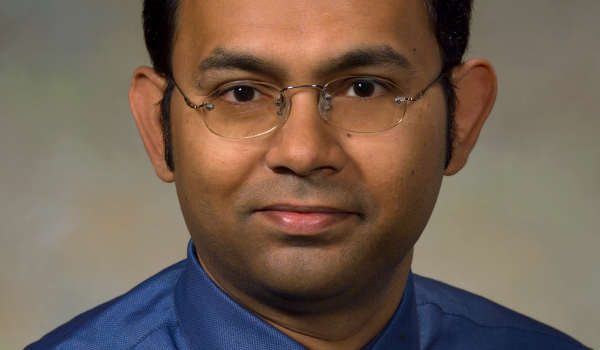
Speaker: Prasenjit Mitra (Penn State)
Date: 13/12/2022
Time: 10h00
Place: Amphi Chappe/Lamarr
Title: Secure Federated Learning: Lessons Learned, and Future Directions
Abstract: In this talk, I will introduce the topic of federated learning and discuss about its implications to computer security and machine learning. Federated learning has a wide range of applications in several areas where machine learning is gaining prominence but the need to preserve privacy arises. For example, hospitals prevented from sharing patient data can nevertheless collaborate to build a better model that utilizes data from multiple hospitals; next generation cars can share their data to enable dynamic, personalized, just-in-time preventive maintenance that can save customers money as well as make cars reliable, while preserving the privacy of individual drivers. The talk will survey the state-of-the-art for the technology, outline several open issues, and briefly mention our previous work on making federated learning solutions robust when adversaries attack. We will also briefly mention issues related to fairness and federated learning and how we can implement explainable and interpretable federated learning. The objective will be to raise questions that are of interest to the community that we can jointly address to improve the state-of-the-art in federated learning with respect to a wide range of attributes, e.g., computational complexity, security, privacy, fairness and equity, robustness, interpretability, etc.
Bio: Prasenjit Mitra is a Professor at The Pennsylvania State University and a visiting Professor at the L3S Center at the Leibniz University at Hannover, Germany. He obtained his Ph.D. from Stanford University in 2003 in Electrical Engineering and has been at Penn State since. His research interests are in artificial intelligence, applied machine learning, natural language processing, etc. His research has been supported by the NSF CAREER award, the DoE, DoD, Microsoft Research, Raytheon, Lockheed Martin, Dow Chemicals, McDonnell Foundation, etc. His has published over 200 peer-reviewed papers at top conferences and journals, supervised or co-supervised 15-20 Ph.D. dissertations; his work has been widely cited (h-index 60) and over 12,500 citations. Along with his co-authors, he has won the test of time award at the IEEE VIS and a best paper award at ISCRAM, etc.
